Related Posts
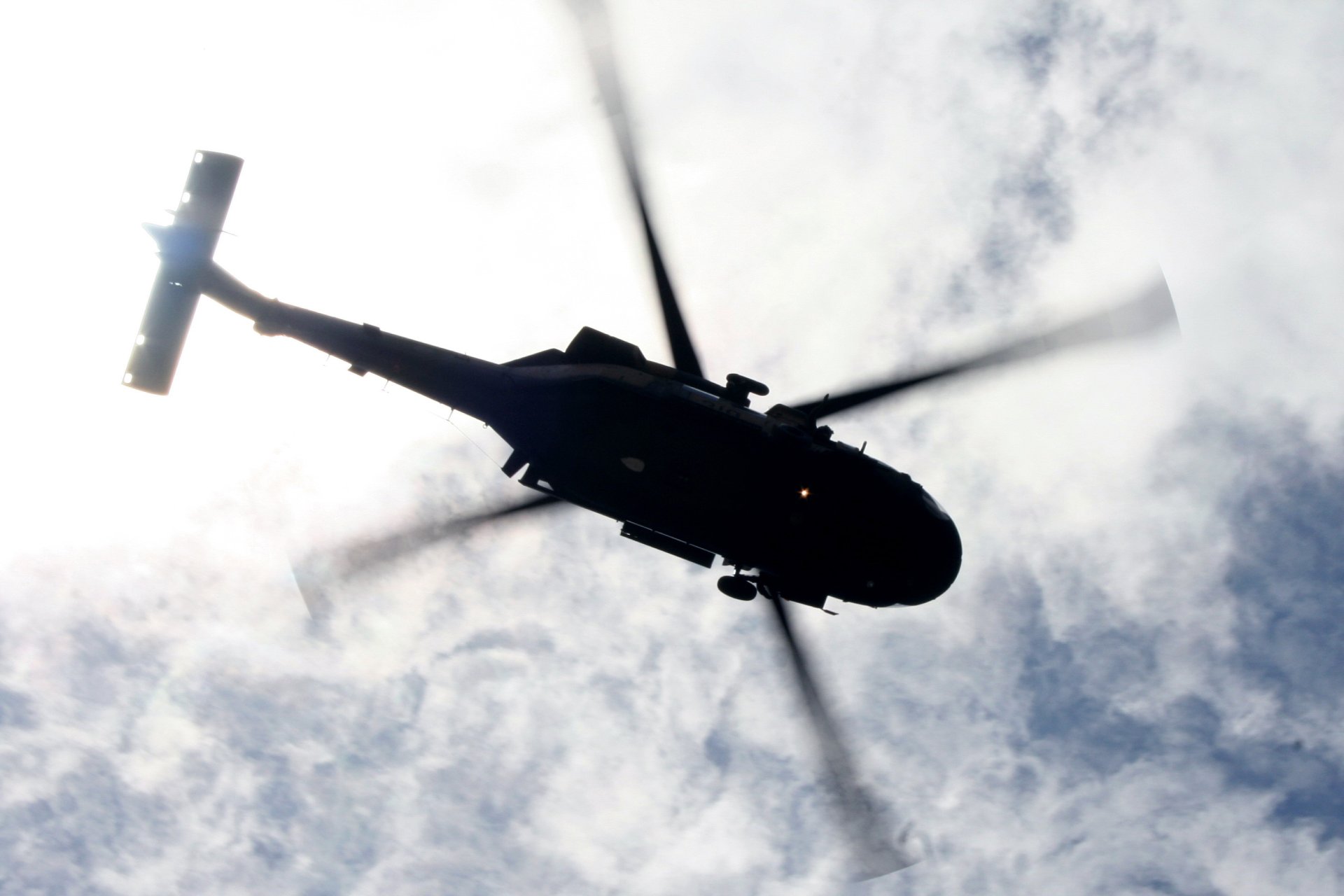
Dec 20, 2024 6 mins read
Mission Briefs: Global Rescue In Action – Issue 53 – The Himalaya Special Edition
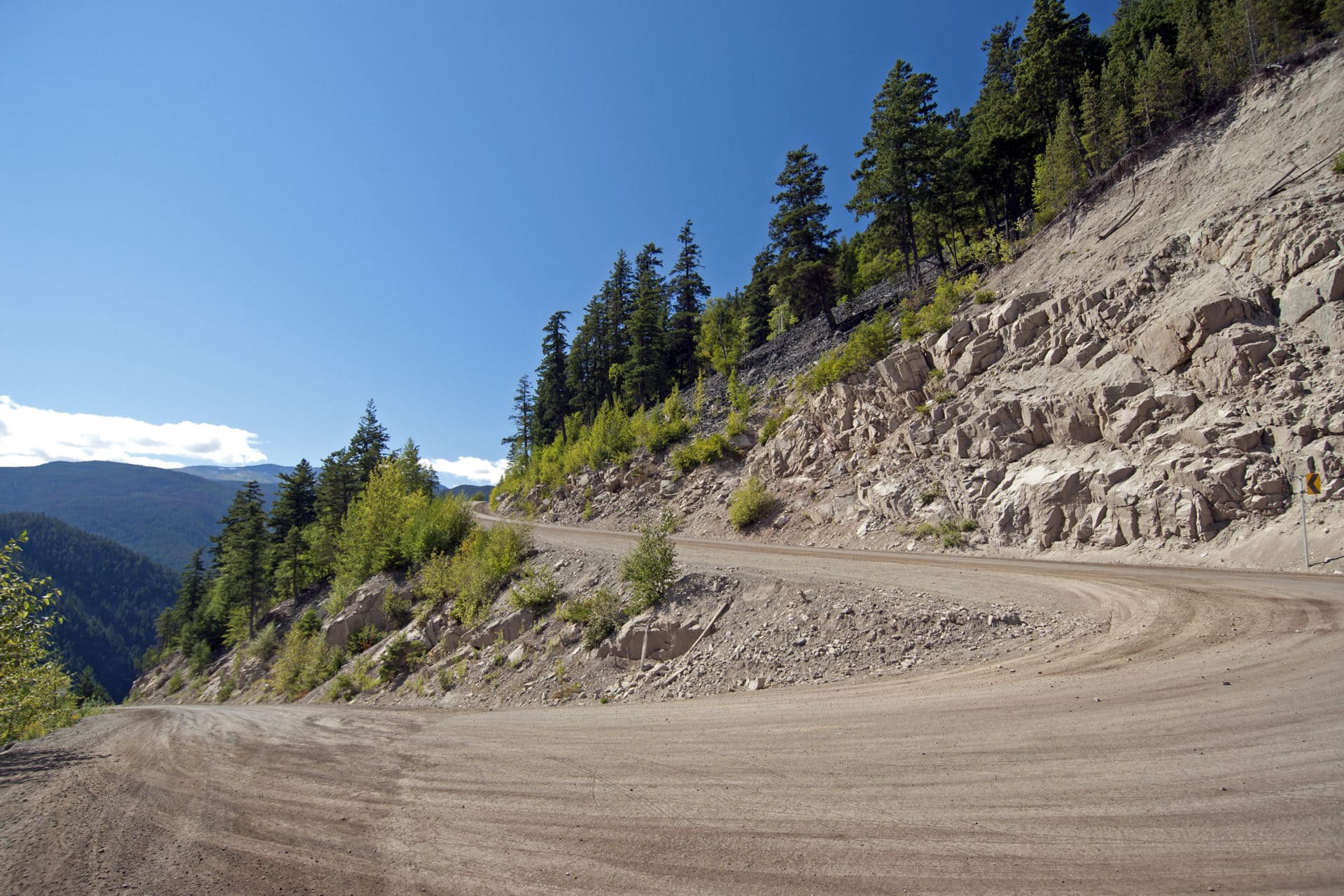
Dec 04, 2024 5 mins read
Miles From Home: How Global Rescue Helped a Motorcyclist Survive a Devastating Crash
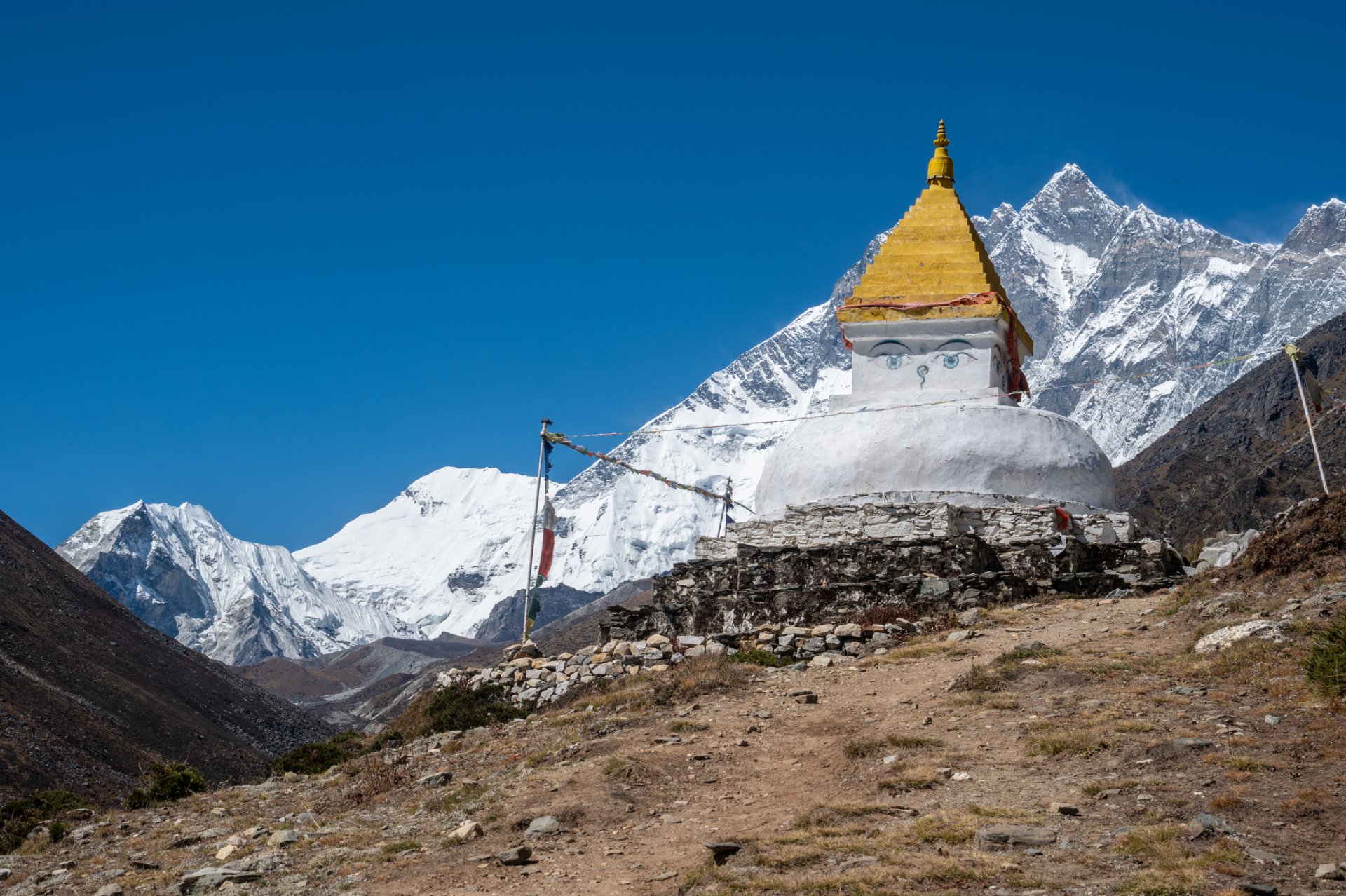
Nov 26, 2024 5 mins read
Mission Briefs: Global Rescue In Action – Issue 52
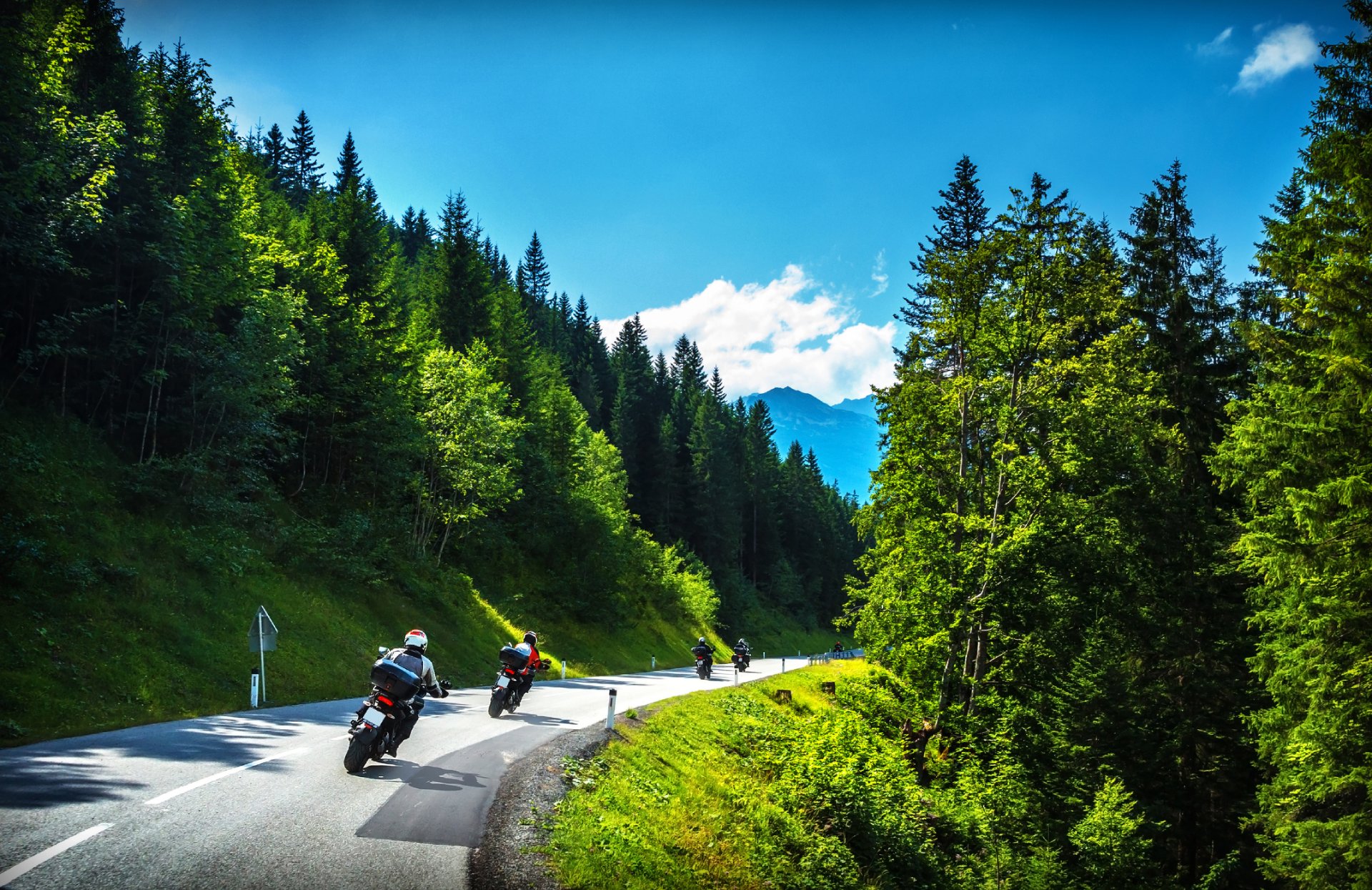
Nov 21, 2024 6 mins read
Adventure on Two Wheels: A Rider’s Global Rescue Experience After a Motorcycle Crash
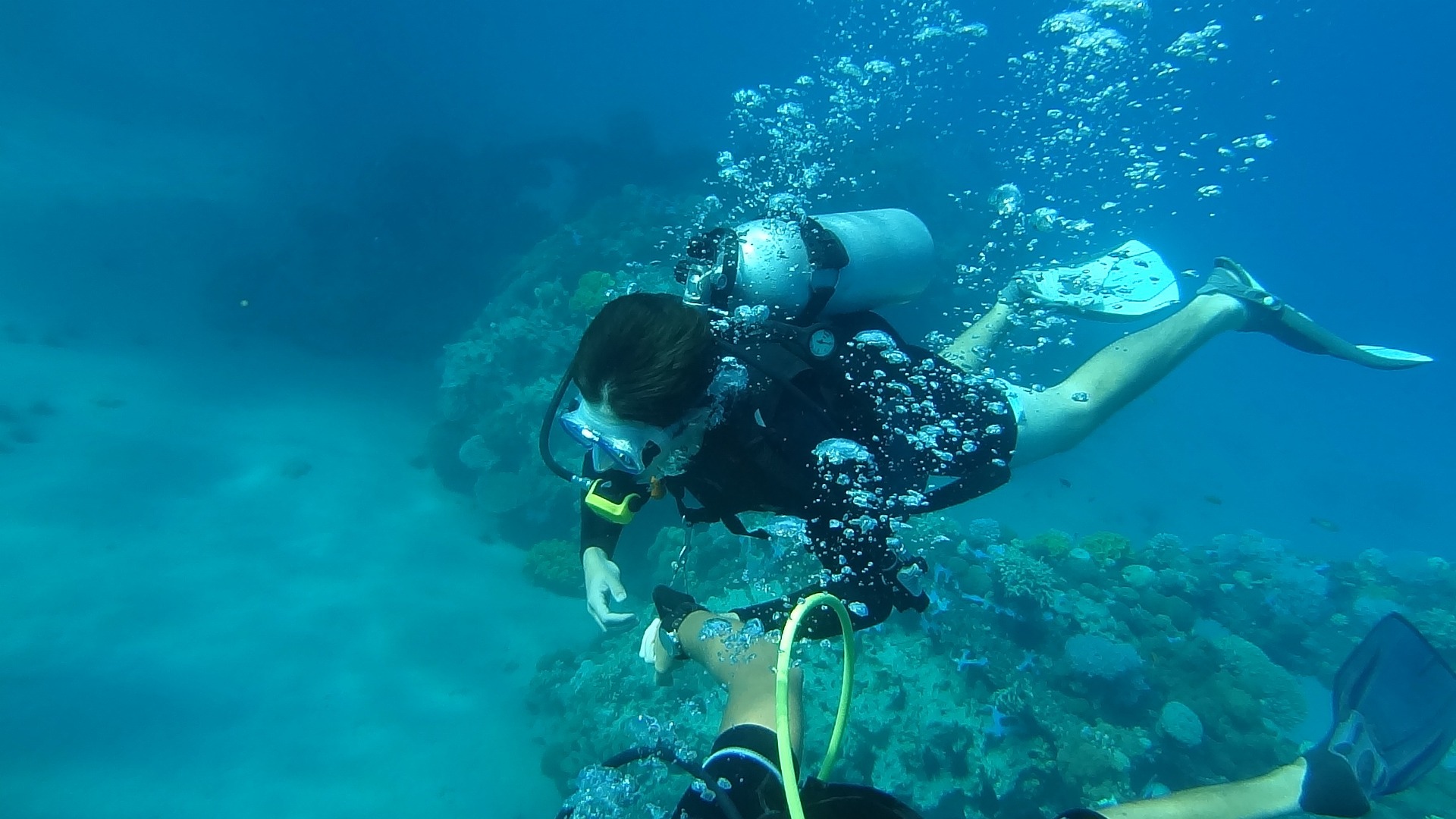
Oct 21, 2024 5 mins read
Mission Briefs: Global Rescue In Action – Issue 51
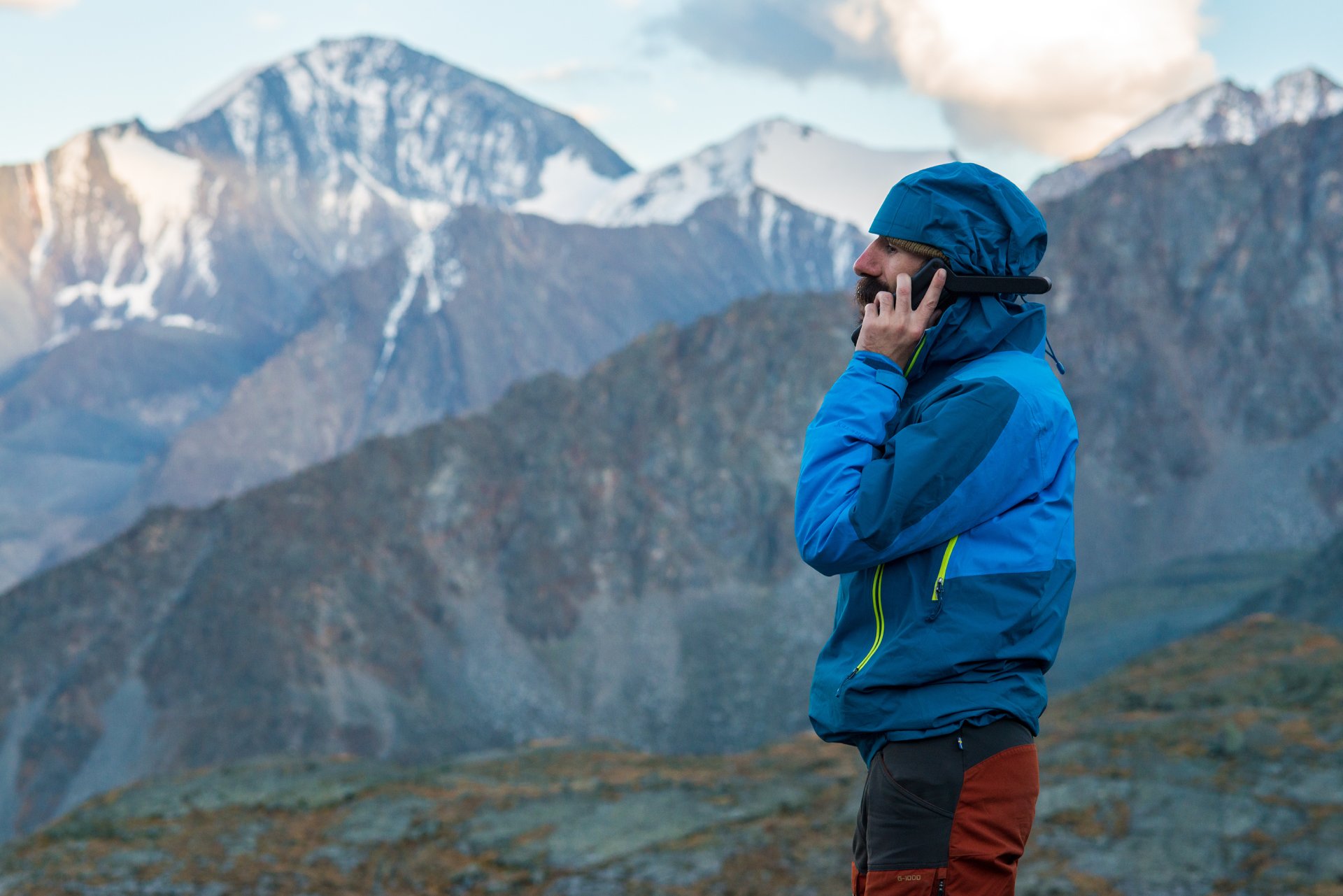
Sep 24, 2024 6 mins read
Mission Briefs – SOS In Action: Issue 2
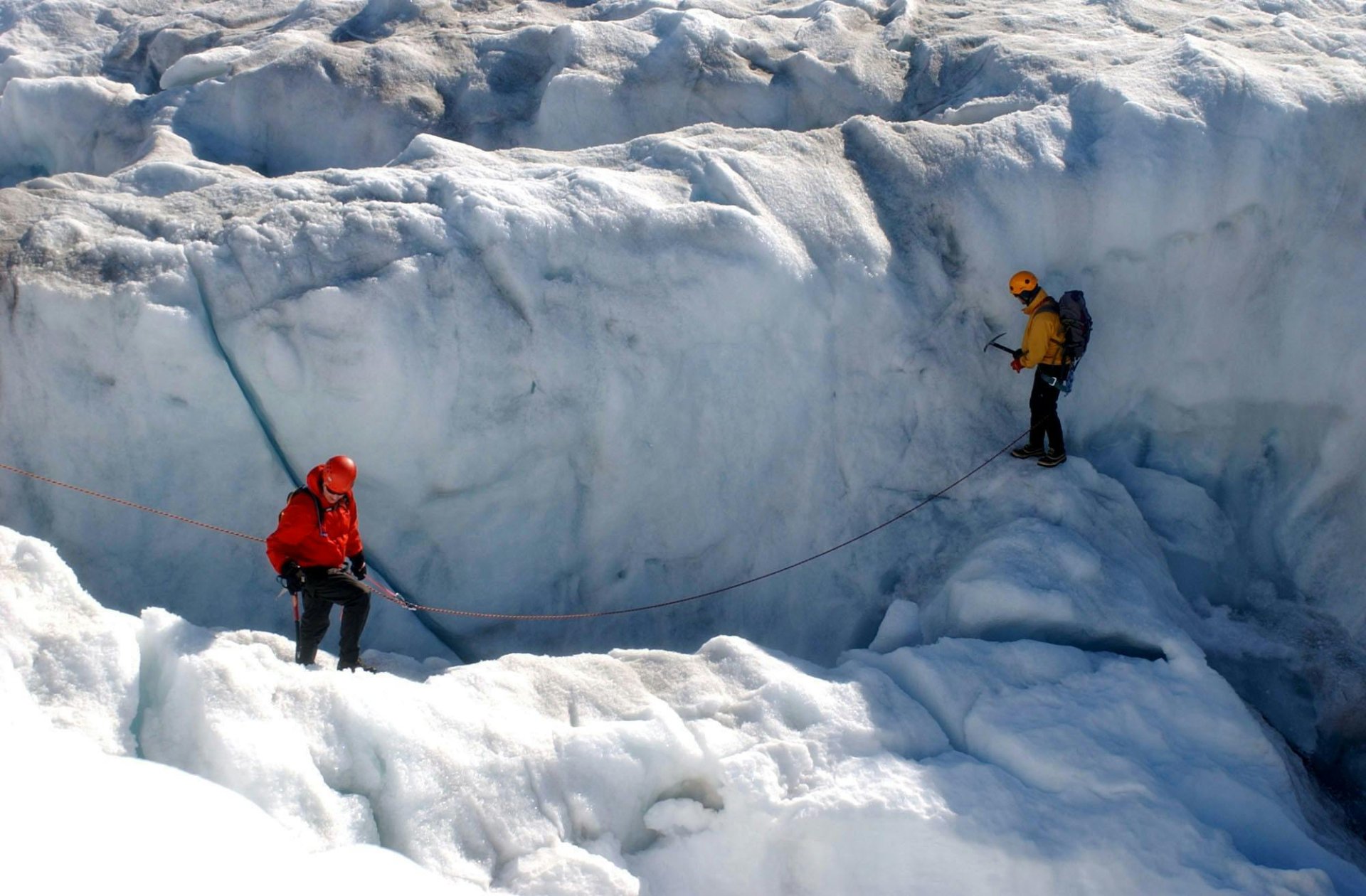
Sep 17, 2024 6 mins read
Mission Briefs: Global Rescue in Action – Issue 50
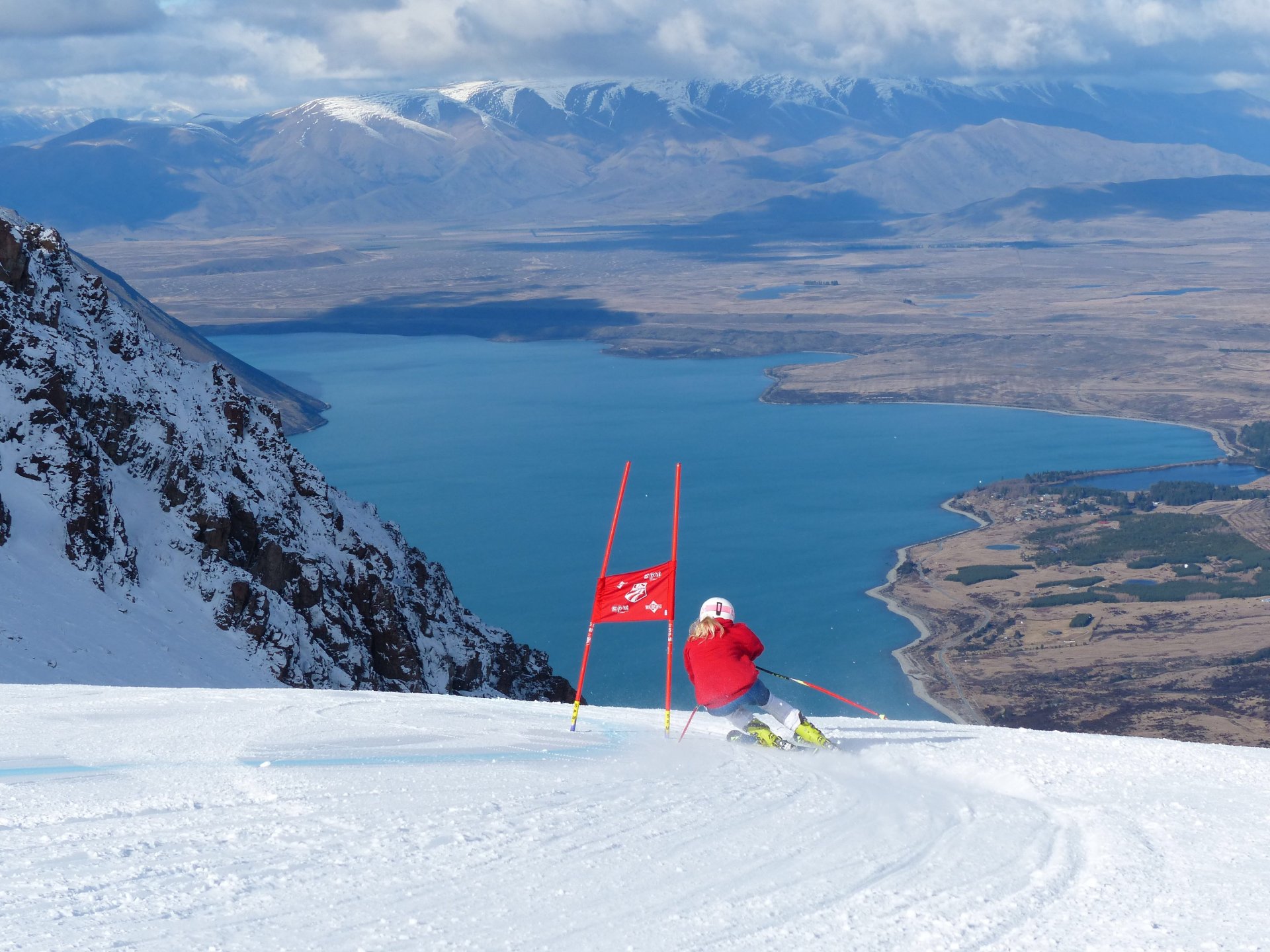
Aug 20, 2024 5 mins read
Mission Briefs: Global Rescue in Action – Issue 49
General TotalCare Disclaimer:
- ©2024 Global Rescue LLC. TotalCare and the TotalCare logo are service marks of Global Rescue LLC. All Rights Reserved. Global Rescue LLC provides technical and administrative services to Elite Medical Group, P.C. (“Elite Medical”), a professional corporation owned by licensed physicians that employs or contracts with physicians licensed to practice medicine where medical services are provided. It is not guaranteed that a prescription will be written, nor will any DEA controlled substances, non-therapeutic drugs and certain other drugs which may be harmful because of their potential for abuse, as a result of a TotalCare consultation. Elite Medical physicians reserve the right to deny care for potential or actual misuse of services. The Global Rescue Mobile App is designed for operation on the current versions of Android and iOS operating systems. Availability of services is subject to your equipment compatibility, connectivity and signal in your location. There is no guarantee that all features and functionality will be available in your location. Use and availability of the Mobile App is subject to your service provider’s plan and may be subject to additional fees from your provider.
Extended Plan TotalCareSM:
- For individuals 85+, medical transport is not included in membership. Members 85+ may purchase medical transport on a fee for service basis.
Mobile Apps:
- Global Rescue Mobile Apps are designed for operation on the current versions of Android and iOS operating systems. Availability of services is subject to your equipment compatibility, connectivity and signal in your location. There is no guarantee that all features and functionality will be available in your location. Use and availability of the Mobile Apps are subject to your service provider’s plan and may be subject to additional fees from your provider. The download and use of a Global Rescue Mobile App is subject to the terms of your Member Services Agreement and the applicable End User License Agreement (EULA).
Mobile Apps:
- Global Rescue Mobile Apps are designed for operation on the current versions of Android and iOS operating systems. Availability of services is subject to your equipment compatibility, connectivity and signal in your location. There is no guarantee that all features and functionality will be available in your location. Use and availability of the Mobile Apps are subject to your service provider’s plan and may be subject to additional fees from your provider. The download and use of a Global Rescue Mobile App is subject to the terms of your Member Services Agreement and the applicable End User License Agreement (EULA).

